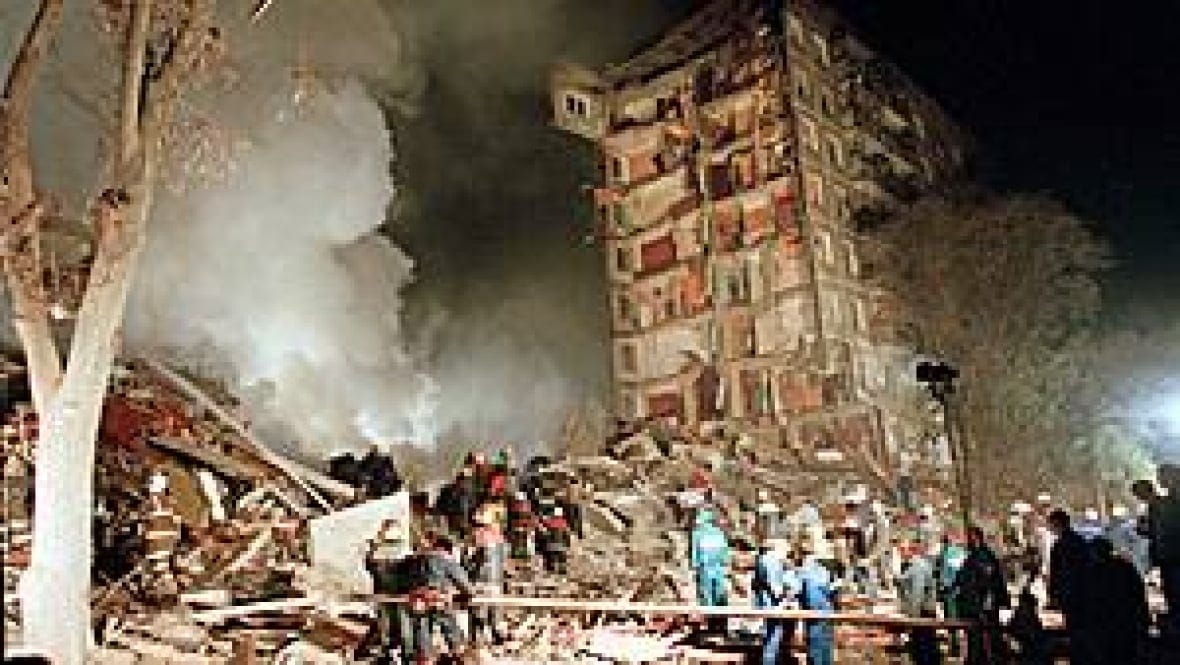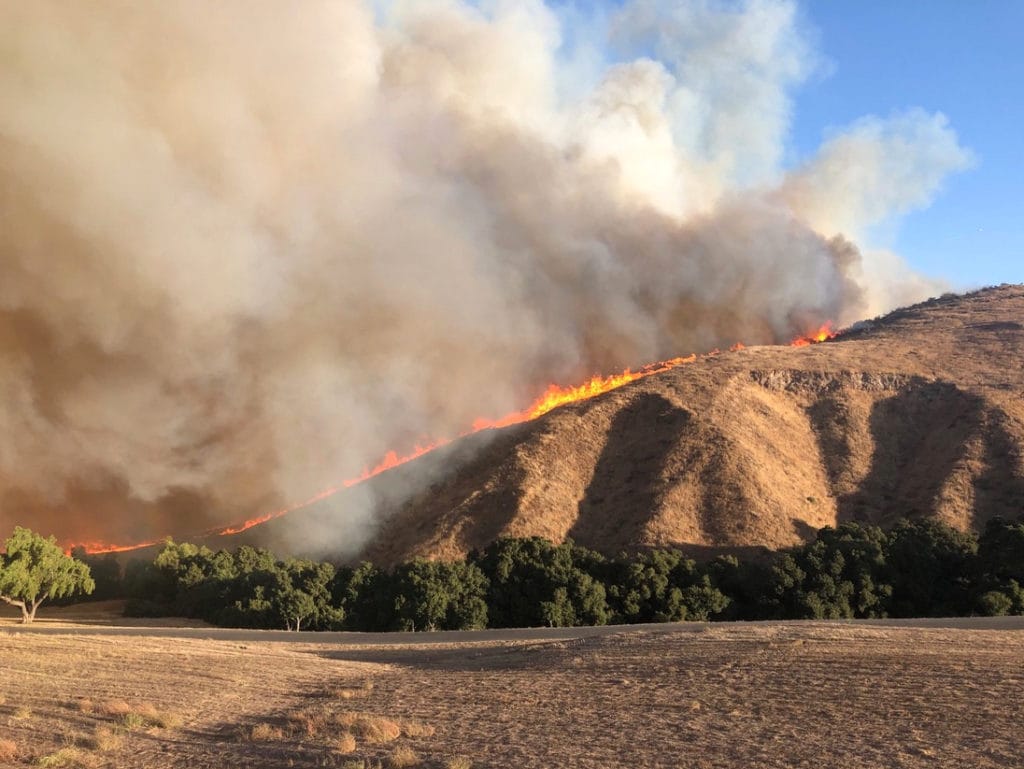The Syrian Golani unit, a group primarily composed of Syrian nationals, has publicly committed to investigating and seeking accountability for instances of torture and abuse that occurred under the command of the Assad regime. This announcement, made by a high-ranking officer within the unit, marks a significant shift in rhetoric from a faction previously aligned with, or operating within, the broader Syrian armed forces structure. The officer, who remains unnamed in the initial statement to protect their identity, declared that the unit is taking steps to collect evidence and testimonies related to past abuses.
The Golani unit’s declaration highlights a persistent issue in the Syrian conflict: the pervasive problem of human rights violations. Numerous reports from international organizations like the United Nations Human Rights Council and Amnesty International have meticulously documented extensive torture, arbitrary detentions, and extrajudicial killings perpetrated by various groups, including forces loyal to Bashar al-Assad. These reports detail the systematic nature of these abuses, which have taken place in detention facilities and elsewhere throughout the country, causing lasting trauma to countless Syrian citizens.
The statement from the Golani unit does not detail specific mechanisms or timelines for pursuing accountability. It is unclear how the unit, which operates within the complex landscape of Syrian rebel groups and political factions, plans to implement its goals. Questions remain about the unit’s capability to conduct thorough investigations and to prosecute those responsible, given the lack of international support for such processes and the ongoing security threats on the ground.
Furthermore, the political context of this announcement is crucial. The Syrian civil war has involved multiple factions, each with their own agendas and political affiliations. The Golani unit, while not explicitly aligned with the Assad regime, has operated within its sphere of influence and been engaged in combat with other opposing forces. This announcement represents a new stance. Whether this commitment is genuinely motivated by a desire for justice or if it’s driven by strategic considerations within the shifting power dynamics of the conflict is a matter of speculation.
International human rights observers and organizations are monitoring this development with a mixture of caution and optimism. The complexities of the conflict make accountability and reconciliation extremely challenging. There are concerns about the reliability of any investigations conducted by a group that is currently engaged in an active conflict, due to potential biases, and about ensuring the safety and security of witnesses coming forward.
In addition, the Syrian legal system has been severely affected by the conflict, and its independence and impartiality are questioned by many. This raises significant obstacles to achieving any kind of justice. International tribunals or the International Criminal Court have been proposed as alternative avenues for pursuing accountability, but these have often been blocked by political disagreements among international actors and are thus unlikely to proceed in the near future.
The Golani unit’s pledge also comes at a time when calls for justice and transitional justice measures are being debated among Syrian groups within the country and within the large Syrian diaspora. These debates often expose deep divisions among Syrians regarding how best to move forward and address the deep wounds of the past. The different perspectives on the issue of accountability raise fundamental questions about forgiveness, reconciliation, and the role of individual versus state responsibility.
The effectiveness of the Golani unit’s efforts depends on numerous factors including the degree of external support they receive, the resources that are made available, and the degree to which the leadership commits to the process, irrespective of strategic or political calculations. The international community faces a complex task in addressing the long-term challenges of accountability and reconciliation in Syria. The announcement by the Golani Unit presents a potentially transformative development, if implemented in a manner that is thorough, impartial and truly aims to achieve justice for victims. However, the path toward meaningful justice in Syria remains fraught with challenges.
The unit’s statement could also be viewed as a challenge to the existing political order. It raises the question of whether it could inspire other groups within the country to follow suit and openly criticize the former regime’s actions. This could further destabilize an already turbulent situation or could provide an avenue for meaningful reconciliation among differing groups. Such an action could put significant strain on the government as well as the political dynamics among rebel forces in the country.
Furthermore, the announcement might also have long-term legal consequences for the individuals and organisations that may eventually be found responsible. If successful, the efforts to hold perpetrators accountable could have a ripple effect across the region, setting a precedent for other countries dealing with similar histories of conflict and abuses.
The Golani Unit’s declared intent marks a significant moment in the ongoing narrative of the Syrian civil war. Whether this development will truly bring accountability to those responsible for past abuses remains to be seen. Its progress will be closely observed by human rights organizations, international political observers and most importantly, the Syrian people themselves, who have endured so much suffering. This situation demands a concerted approach by all stakeholders to ensure the process is conducted in a way that offers real justice to those who have suffered while also leading to lasting reconciliation and stability in the region. The key will lie in the implementation of transparent and impartial investigation processes, a commitment to the rule of law, and a genuine desire to address past wrongdoings, for a better, more peaceful future for the people of Syria. It is also important to recognize the immense trauma that many Syrians have suffered, and to consider how best to support these individuals and communities as they attempt to process the events of the war, in the hope of rebuilding their lives. The prospect of a just and sustainable peace is inextricably linked to the ability to acknowledge past abuses, and to hold the perpetrators accountable. However, the immense challenges and obstacles on this path should not be underestimated.



